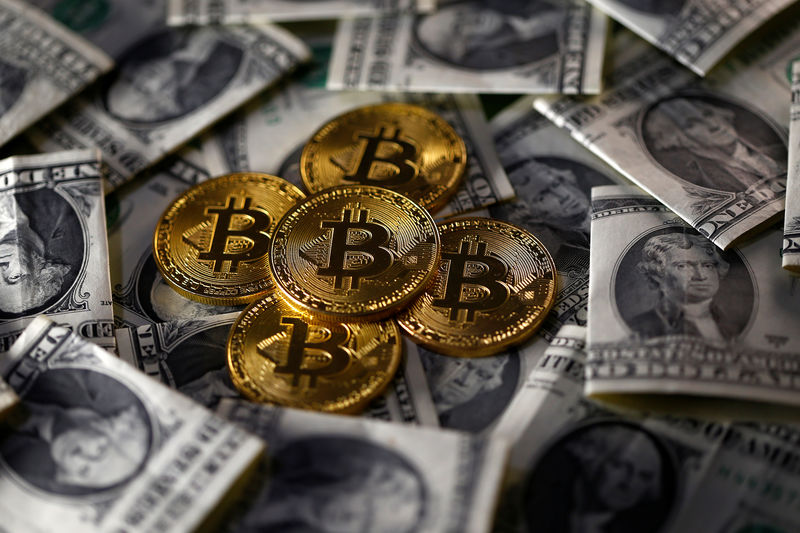The music industry is among the largest and influential industries globally. In 2020, the music industry generated over $23.1 billion in revenues for music produced.
Even though music is a grown industry, one problem has always been surrounding it, royalty disputes. There have been notorious cases over the years that only increase by the day. Regulating authorities have been trying to get solutions, but their efforts are futile.
But, with the inception of NFTs in 2015, the solution was finally here. So, what are NFTs, and how can they help solve music royalty disputes? Keep reading.
Non-Fungible Tokens In Music
Non-Fungible Tokens(NFTs) are digital certificates proving ownership of a particular asset. They are non-fungible since you cannot exchange them, one for the other. Each of them is different from the other in almost every aspect. Once an NFT hits the chain, the record remains unchanged forever. It is also utterly irreplaceable.
NFTs have recently been gaining adoption, especially in the music and art industry. According to many enthusiasts, they can solve problems connected to royalties in music. Here are a few possible ways.
Artist Get Control of Music and Royalties
The most primary advantage coming with NFTs in music is control. One of the biggest problems in music today is artists cannot control the distribution of their music. Generally, there are two types of copyright in the music space. They are;
- The first popular type of music copyright is the composition one. This copyright focuses on the person who created the lyrics and the melody or beat.
- The second type of copyright is majorly for the recording of the music. It's owned by the recording label and aims to reward recording works.
In most cases, the publisher receives the royalties and distributes some to the recording label and composers. The composer includes the writer and the melody creator. All these parties get a share in the royalties. While the artist is a major part of music, their efforts are often overlooked. Hence, they only get a small share of the royalties.
But, as NFTs take charge of music, a lot will change in royalty distribution. The artists will have better ways to publish their music and earn their money directly. Artists will work with NFT creators and enjoy their pieces of royalties.
Due to NFT advantages, several artists have released NFT music. Early this year, King of Leon released the first NFT album ever, which generated over $2 million. Indeed, NFTs gives control to the artist.
Revolutionize Traceability and Transparency of Royalty Payments
NFT will also revolutionize the traceability of royalty payments. Tracing royalty payments has been hard in the music industry. Since the artist is not a direct beneficiary since they cannot be able to track the royalties.
Recently, an MLC report released in February 2021 shows that the network has over $424 million unmatched royalties. The funds are unmatched since the Digital Service Providers(DSPs) are unable to trace the artists.
Yet, the NFT space will come with a vast array of solutions to bolster traceability. Being based on blockchains like Ethereum, Cardano, and BSC NFTs data is permanent. They use blockchain tech to record the ownership of a particular piece of music.
Moreover, it records the required splits on royalty payments at the time of NFT creation. Hence, blockchain and NFTs help the artist and creator trace everything, including royalties. All parties involved in music copyrights will enjoy transparency.
Fractional Ownership Rights
As mentioned earlier, there are two major music-related copyrights, composition and recording. But, there are several parties in music-making, including the artist. The problem with the current system is it's hard to own a fraction of a right in music.
NFTs make fractional ownership possible. They are divisible. After every split, each NFT will have unique features and rights compared to the other. Each NFT will help in making money in its way. Furthermore, people can own a fraction of an NFT and get their fraction of royalties. NFTs' ability to allow fractional and divisible ownership can reduce disputes.
How NFT Platforms Could Aid Music Artists
Although there are several NFT platforms currently, very few of them seem to have solved musical artists’ most stubborn problems. However, the world of music remains open to new players who will find the best way to help musicians handle their business efficiently. One example of such a platform is the Band royalty project. It uses its native token Royalty(RYLT) and Band NFTs to provide much-needed efficiency and governance.
This project is planning a public token sale soon. Music lovers and investors will get the opportunity to invest in music royalties and earn. You get access to top-tier music performed by people like Jay Z, Beyonce, and many more.
Final Word
While the music space has always faced problems in royalty disputes, NFTs will help solve the problems. These assets are certificates showing proof of ownership of a real-world asset. Their adoption has been fast in the art and music industry.
Artists who use NFTs when publishing their music will enjoy a bigger fraction of the benefits. They will be able to control and trace the NFT royalties as they come.
Another advantage with NFTs in music is that even fans can buy a share in royalties. By buying a fraction of the NFTs, a fan will own a fraction of the income. The advantages of NFTs in music are still being explored. However, this new system will truly revolutionize music.
Original publication: October 21, 2021
© 2022 Benzinga.com. Benzinga does not provide investment advice. All rights reserved.
